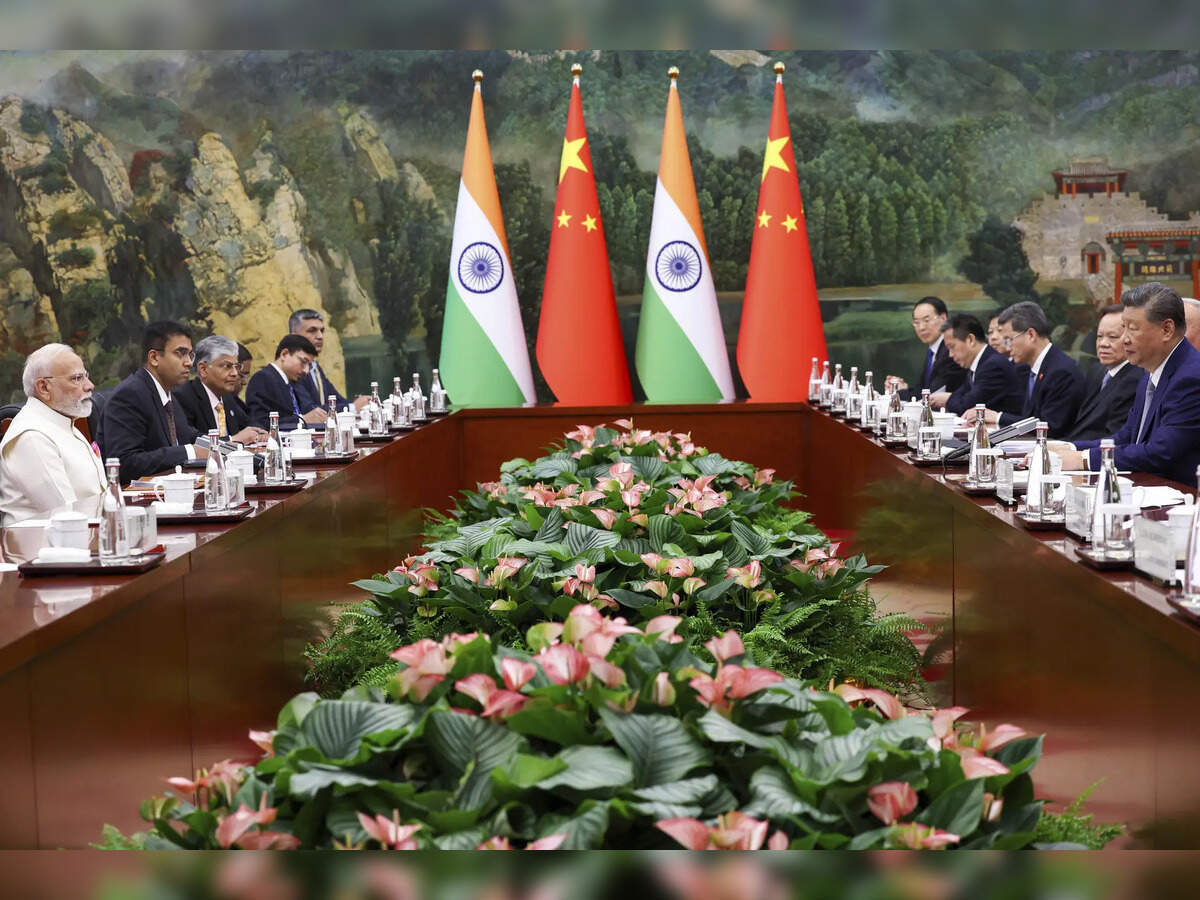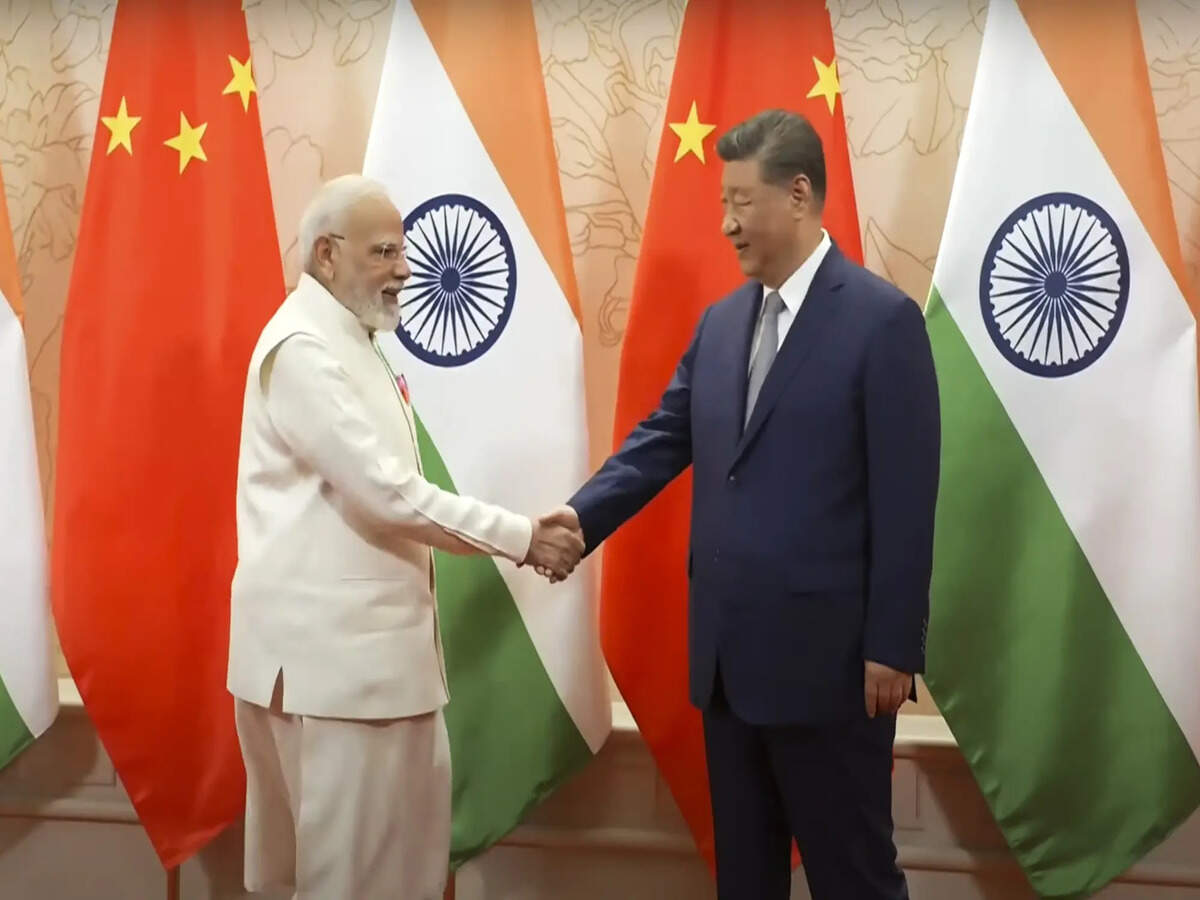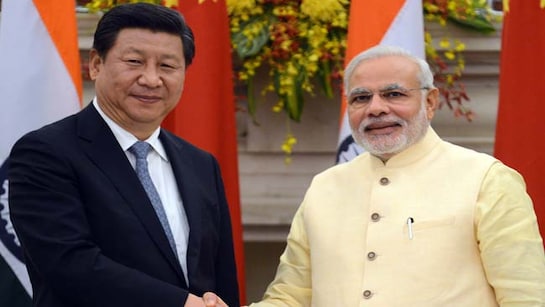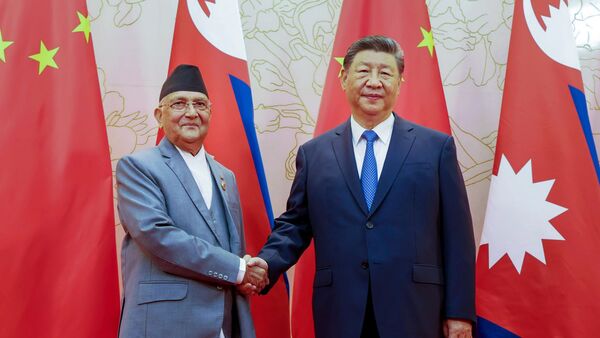During their wide-ranging talks on the sidelines of the Shanghai Cooperation Organisation (SCO) summit, Modi and Xi emphasized the importance of bilateral cooperation as a means to stabilize world trade. This comes at a time when India’s relations with the United States have soured, largely due to President Donald Trump’s tariff policies and his administration’s repeated criticisms of India.
Peace at the Border as “Insurance” for Bilateral Ties
On his first visit to China in seven years, Modi conveyed to President Xi that peace and tranquility along the border are crucial for the continued development of India-China relations. The Prime Minister asserted that both nations must work together with mutual trust, respect, and sensitivity to ensure the bilateral ties are built on strong foundations.
In his opening remarks, Modi emphasized, “Our cooperation is linked to the interests of 2.8 billion people of our two countries. This will also pave the way for the welfare of all humanity.”
Foreign Secretary Vikram Misri, briefing the media after the talks, said that the Prime Minister had conveyed to Xi that the peace on the border is like an “insurance policy” for the bilateral relationship. He also stated that both leaders expressed their commitment to addressing the boundary issue through diplomatic channels and with an eye on the long-term interests of both nations.
Trade, Investment, and the Global Economy
Modi and Xi agreed that their countries must work together to reduce the trade deficit, expand mutual trade and investment, and address common challenges such as terrorism. The foreign secretary added that both leaders also emphasized the need for “fair trade” in multilateral forums, signaling their intention to play a larger role in shaping global trade norms.
The two leaders also noted the importance of their economies in stabilizing global trade, especially amid the current “fluid and chaotic” global situation, as described by President Xi.
Tackling Cross-Border Terrorism
PM Modi raised the issue of cross-border terrorism, stressing the need for India and China to cooperate in combating this shared challenge. Misri highlighted that both countries have been victims of cross-border terrorism, and the two leaders expressed mutual understanding and support on the matter.
In a gesture of goodwill, China extended its support to India in its efforts to tackle cross-border terrorism, aligning with India’s position in the context of the ongoing SCO summit.
Stabilizing Bilateral Relations Post-Ladakh Standoff
The talks also focused on the steady improvement in relations since their last meeting in October 2024 in Kazan, Russia, which occurred after the end of the nearly four-year-long border standoff in eastern Ladakh. Modi and Xi reaffirmed that the two countries should be seen as “development partners” rather than rivals. The two leaders agreed that their differences should not turn into disputes.
Commitment to Further Strengthening People-to-People Ties
Both leaders agreed on the necessity of enhancing people-to-people exchanges between India and China. They discussed the resumption of the Kailash Manasarovar Yatra and tourist visas as steps toward improving direct connectivity, including through flights and visa facilitation.
Support for BRICS and SCO Initiatives
In addition to strengthening bilateral relations, Modi expressed his support for China’s presidency of the SCO and invited Xi to attend the BRICS summit that India will host in 2026. President Xi expressed his gratitude for the invitation and extended China’s support for India’s upcoming BRICS presidency.
Disengagement and Border Peace
The two leaders also took note of the successful disengagement of troops in border areas last year, which has contributed to maintaining peace along the disputed frontier. Modi and Xi agreed that both sides must continue to utilize existing mechanisms to ensure peace along the border while seeking a fair resolution to the boundary issue.
Meeting with Cai Qi
Modi also held a meeting with Cai Qi, a senior member of the Communist Party of China. Modi shared his vision for strengthening India-China relations and sought Cai’s support in realizing the mutual goals outlined by the two leaders.
Cai reiterated China’s desire to expand bilateral exchanges and improve relations in line with the consensus reached between the two leaders.
As the talks concluded, both Modi and Xi affirmed their commitment to a future of cooperation based on mutual respect, shared interests, and sensitivity to each other’s concerns, while simultaneously addressing global challenges like trade imbalances and terrorism.









